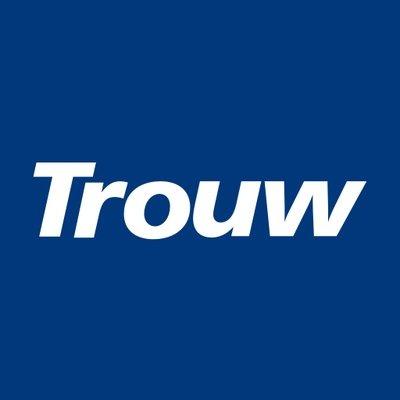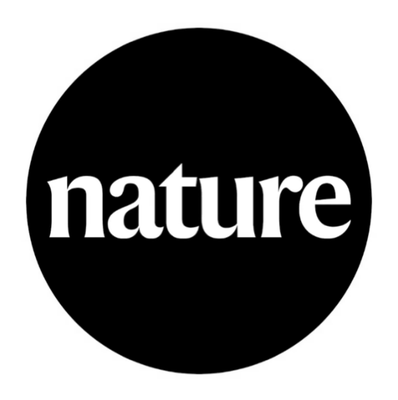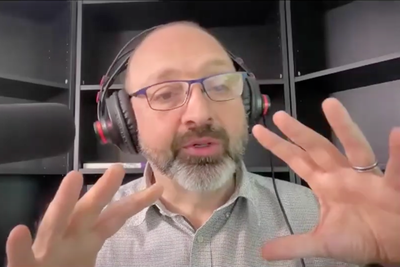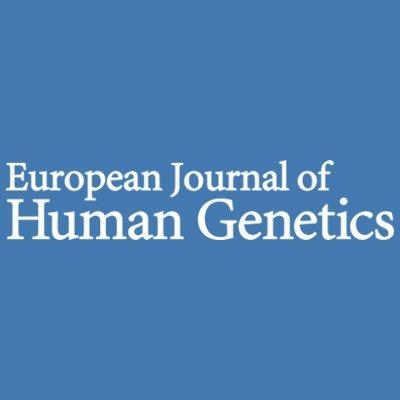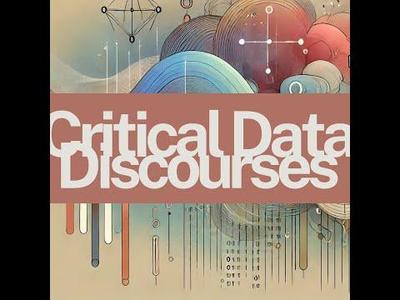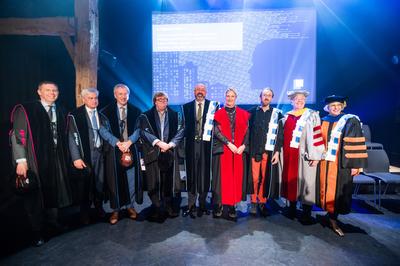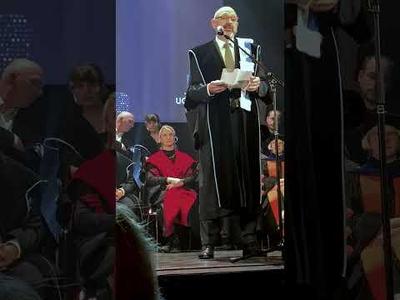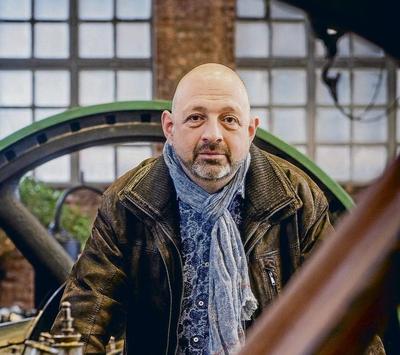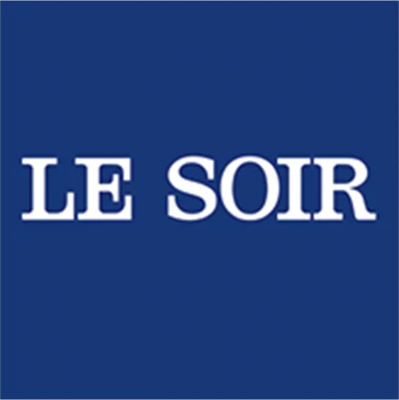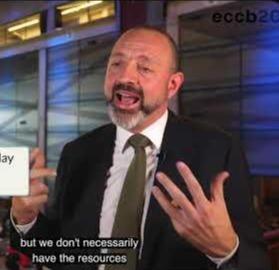Oxford University Press to stop publishing China-sponsored science journal
Moreau said: “Forensic genetics is an area where specific caution is needed because this is the research that powers police DNA identification and databases. While DNA identification is a valuable technique to help solve crimes, it can raise privacy and ethical issues.” He added that the mass surveillance of minorities in Xinjiang and Tibet made China a particularly challenging country to enforce international norms about ethical research and human rights.

